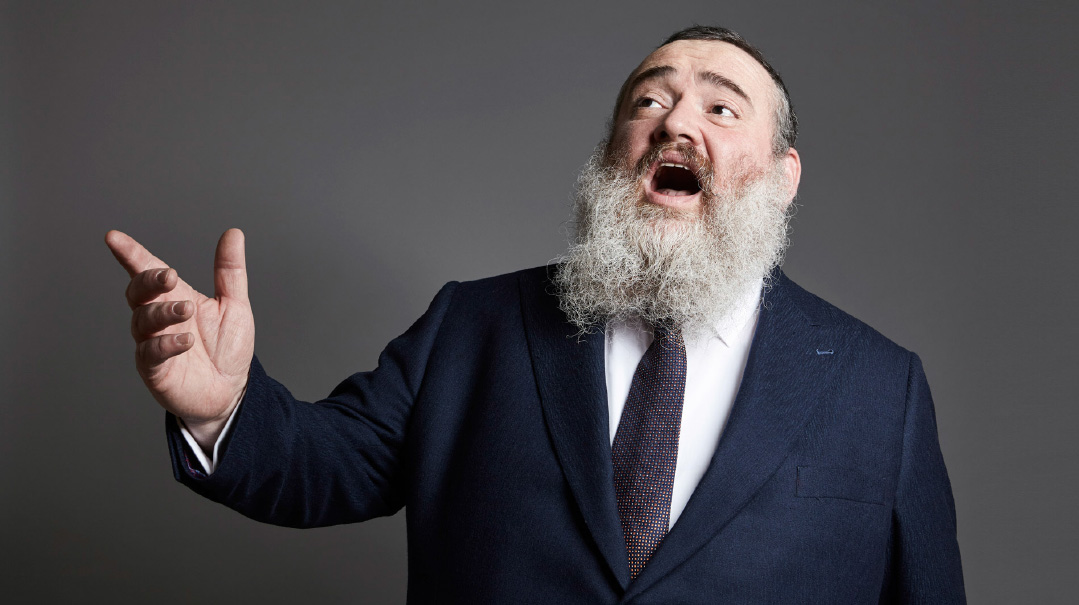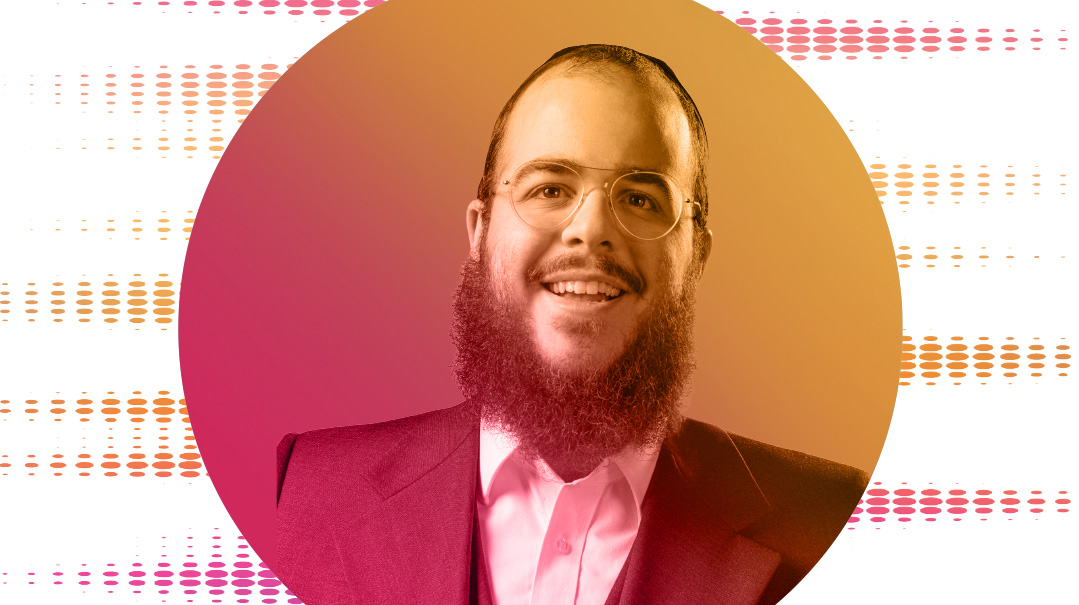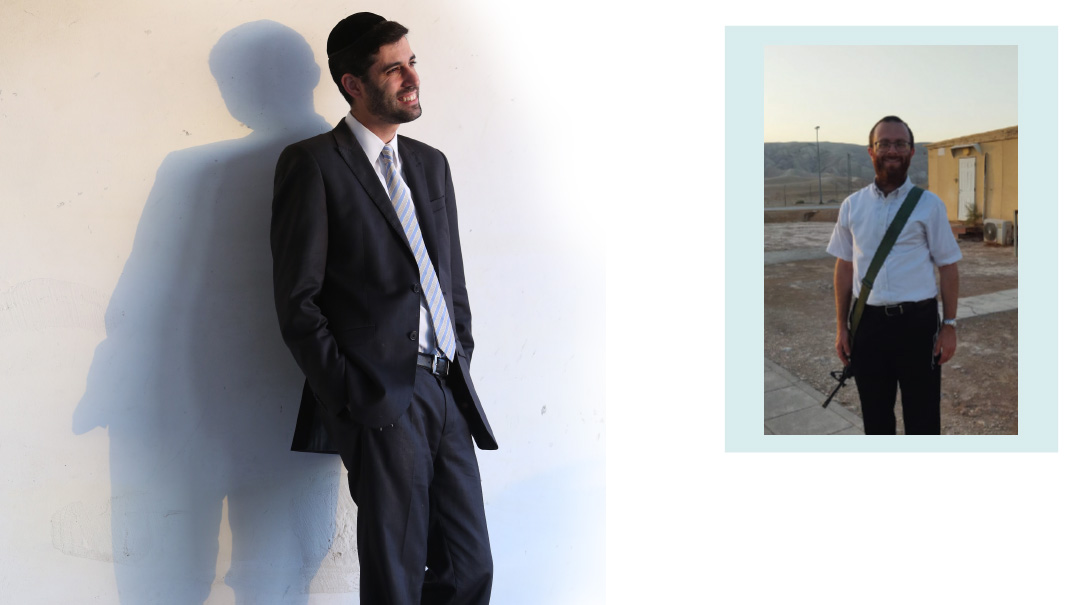From Humble Beginnings
| May 4, 2021“I got a sudden phone call, asking if I was in New York, and a week later, I went in and met with Sheya and Mendy”

Shlomo Simcha says that when he grew up in London as one of 13 children, they all sang together, so naturally he assumed that every family sings together for hours on Friday night.
“We didn’t have music lessons, and we didn’t have many tapes or records. I loved the music that I heard in friends’ houses and on carpool rides to school, though,” he remembers. “Cassettes like Reb Ben Zion Shenker, Carlebach, the London School of Jewish Song, or early Mordechai Ben David. My mother had a degree in music, so she taught me to read notes.
“Then, Avraham Fried was coming to town to sing in concert. I wanted to go, but as we were a big family and my father worked in chinuch, we never did things like going out alone with my parents. Yet my mother took me, and that was huge. One day I’ll be up there, I can remember thinking. But that was far away from my reality at that point.”
Shlomo moved to Montreal after he married, where he landed a chazzanus job in a big shul after he davened there for one Shabbos. On the side, he sang at weddings, and at one wedding, a band leader hired to produce albums for the Sastmar community came over and asked him to sing in the recording studio for a Satmar album called Besof Umachol. Two years later, Mendy Werdyger of Aderet music heard that Satmar album playing in a store. He thought it was Fried singing. When he played the album to Sheya Mendlowitz, they decided together that they had to track the singer down.
“I got a sudden phone call, asking if I was in New York, and a week later, I went in and met with Sheya and Mendy,” Simcha says. “It was like a dream how fast things started happening — soon I was signed up to record an album, with them handling everything for me. It was an unbelievable chain of siyata d’Shmaya that started with a small job for a Satmar album.
“I have a lot of hakaras hatov to both Sheya and Mendy, who launched my career, and to Mordechai Ben David, to whom they introduced me. This was in 1992, when his Moshiach album had just come out, and Mordechai was at the height of his career. But he came along to the studio to meet me, and later that year, brought me to sing with him at a concert in Yad Eliyahu. We sang a duet, but beyond experiencing the power of his legendary voice and masterful singing technique close-up, I also saw such humility, kindness, and good middos, as he helped me start out on my own singing career.”
(Originally featured in Mishpacha, Issue 859)
Oops! We could not locate your form.













